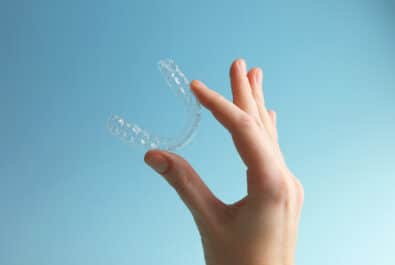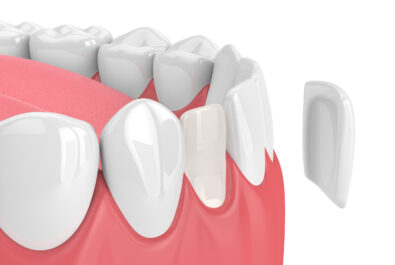Have you ever wondered who goes in for sedation dentistry? This practice, sometimes inaccurately referred to as sleep dentistry, has helped dentists manage their patients’ discomfort during a procedure since nitrous oxide was first introduced in the mid-1800s. Since that time, the field has expanded to include oral conscious (pill) sedation and intravenous (IV) sedation techniques. Today, we’re taking a closer look at three groups of people who benefit greatly from dental sedation.
1. Anxious Patients and Dental Phobics
As many as 40 million people in the United States alone avoid receiving regular dental care due to overwhelming feelings of anxiety and fear associated with visiting the dentist. Unfortunately, avoiding professional, preventive dental care can result in serious oral health problems, like undiagnosed and untreated cavities, gum disease, and even oral cancer. Dental fear and dental anxiety can range in intensity and dentists who provide a full suite of sedation options can help a patient feel relaxed, no matter their level of anxiety. For instance, a patient who feels a bit nervous might benefit from nitrous oxide, which offers low level sedation. Patients dealing with moderate-to-severe anxiety or fear may do better with oral or IV sedation, which provides a deeper sense of relaxation.
2. Patients with Delicate Gag Reflex
A “gag reflex” refers to a tendency to gag when a foreign object comes into contact with the back of the throat. A sensitive or delicate gag reflex can be psychological in nature (triggered by a fear of not being able to breathe or lack of control), or physiological (such as hypersensitive pharyngeal nerves).Over the course of a normal dental appointment, commonly used dental tools like cotton swabs, X-rays bitewings, impression material, and jets of air and water can trigger a sensitive gag reflex. Not only is this reflex uncomfortable for the patient; it also interferes with the dentist’s ability to carry out a procedure, even a simple one, in a timely manner.
3. Special Needs Patients
For many patients with physical or development disabilities, a visit to the dentist can provoke anxiety, fear, and frustration. For instance, patients with limited mobility may find simply traveling to the dentist’s office from their home physically demanding, leaving them anxious and exhausted before the appointment even begins. Patients with neurological disabilities, like cerebral palsy, may find sitting in the dentist’s chair extremely uncomfortable, especially for lengthy appointments. Patients with emotional difficulties, like Alzheimer’s disease or severe autism may become agitated or combative during a dental visit. Sedation dentistry can help special needs patients remain completely comfortable and detached throughout an appointment, making dental care for this critical population less complicated.
About Shawn Hofkes, DDS
With advanced training in oral and maxillofacial surgery and certification in oral and IV sedation, Shawn Hofkes, DDS is qualified to provide comfortable, advanced dental care from our state-of-the-art dentist office in Cerritos, CA. To schedule your appointment or consultation with Dr. Hofkes, contact us today. We proudly serve patients of all ages from Cerritos, Lakewood, Long Beach, Buena Park, and all surrounding communities.













